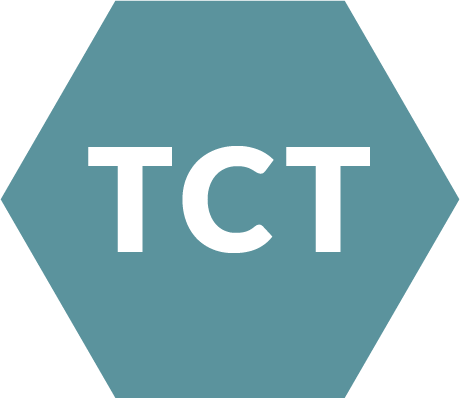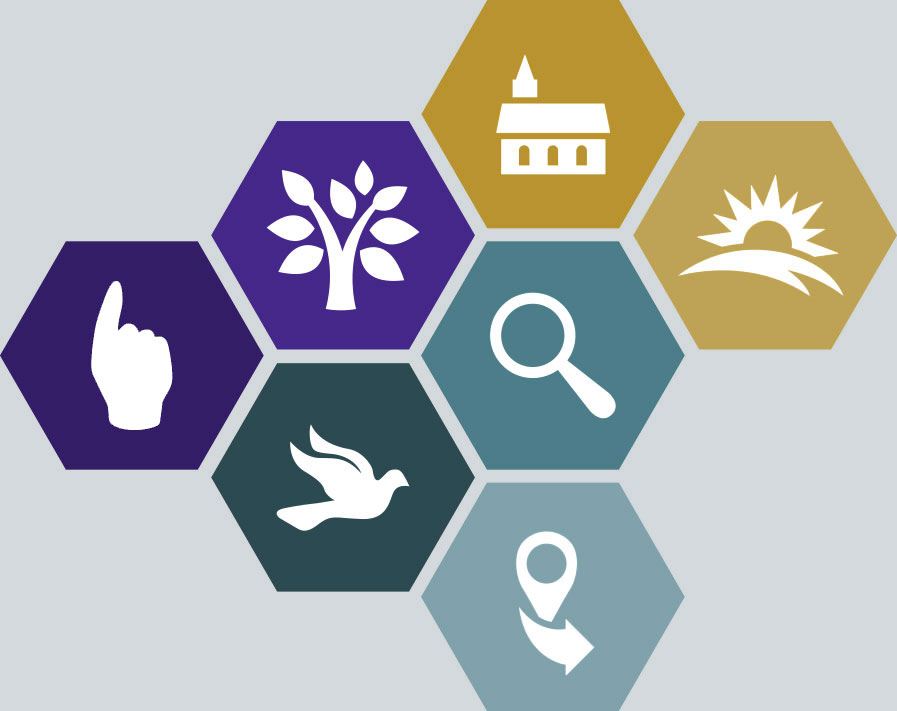An Introduction to this Framework For Transformation
This Framework for Transformation website is a learning platform of Reconciled World

Transformation. A word filled with so much promise, and yet, in reality, no one is quite sure what it really looks like, how we achieve it, or even if it’s possible this side of heaven. We certainly don’t have the final answers. What we can share are principles that God has taught us in the last 20 years of seeing communities radically changed. God often surprised us and flipped our understanding upside down. Not everything that we tried worked—and those were learning experiences as well.
To understand where the Framework for Transformation came from, you need to know a little about the history of Reconciled World.
About twenty years ago, the founders of Reconciled World were all program-level leaders in Asia for an organization called Food for the Hungry. In the 1990s, we attended a training called the Vision Conference. At the conference, Bob Moffit and Darrow Miller’s ideas rocked us—challenging the status-quo approach to working with the vulnerable. The ideas presented included the “importance of working with the local church”, “the power of ideas”, “the importance of mobilizing local resources”, and “an introduction to wholistic ministry.”
Most of us who attended the conference had already discovered that, in our contexts, the generally-accepted principles of development—while creating a few great stories—were not exactly bringing about transformation. So, as practitioners, we did what practitioners do—we each put what we had learned into practice in the specific areas of vulnerability that we were called to address.
The result was a wide variety of programs—a center for children with autism, a movement against gendercide (the elimination of daughters), a youth discipleship and vocational training center, a rural church discipleship program, and an effort to see how we can shape ideas through art. As we tested and implemented the ideas, God—and the vulnerable people we sought to serve—taught us many lessons.

One of the programs that we developed was called Truth Centered Transformation. Amazingly, in less than five years the church leaders in that program declared their communities transformed. We were highly skeptical (like you must be). And yet, when we went to investigate, it proved to be true—they had moved from abject poverty to thriving physically, spiritually, mentally, and relationally (you can read the full story here). At first our assumption was that this was what God did for a few highly persecuted people, and yet as we tested the program in other regions and countries, we saw it happen again and again. As people strove to walk in obedience to God, looking to Him for answers, growing in their understanding of truth, and showing love to their neighbors, communities were transformed.
And in that we learned that our understanding of how God works was way too small. The program simply didn’t make sense: a bunch of extremely poor people went out and loved their communities with their own resources, doing things like repairing potholes and cleaning water systems, and then—in a startling turn of events—five years later, they were no longer poor. We started to realize that God does intervene and His promises to the poor are real and true. We discovered that not every material problem has a material solution, and, similarly, spiritual growth may happen as we dig a well. We came to realize that our vision of vulnerable people and what they were capable of was just too small—they stunned us by building suspension bridges and confused us by announcing that, even though they only had third-grade education, they were able to design these bridges. Our understanding of transformation and how it might happen was completely changed.
Similarly, in the other programs, God was teaching the program leaders their own set of lessons. One saw God provide for her in so many ways as she stepped out in obedience and opened an autism center that started with biblical truth. Another came to understand so much more of what it means to bring glory to God in all areas of life and how that brings transformation to the workplace or the church.

In 2012, the leaders of these various programs came together to begin the two-year process of forming a new organization, Reconciled World. We spent many hours wrestling with the question, “Why should we exist? Why not become 5 or 6 separate organizations? What is it that we are jointly passionate about?” The earliest list of the core principles started there. In 2013, the Executive Director and Global TCT Director took a three-month sabbatical to pray over and think through the principles. During that time, the list was refined to the current seven core principles, which became the foundation of the organization (and which would eventually be called a Framework for Transformation).
While this Framework for Transformation was intended to be an internal document—a set of principles that held us together and that we agreed to be mutually accountable to—we started to get many requests from other organizations or mission groups who wanted to understand why we were seeing such amazing results.
Our Framework for Transformation reflects a snapshot of what God has taught us so far. We’re excited to see what He teaches us next. We certainly recognize there’s no end to learning about topics like “God” and “transformation”! We plan to keep writing and learning as we continue to flesh out these principles in different contexts. We would encourage you to receive our monthly update to keep informed of any new articles on our website and links to other relevant resources.

